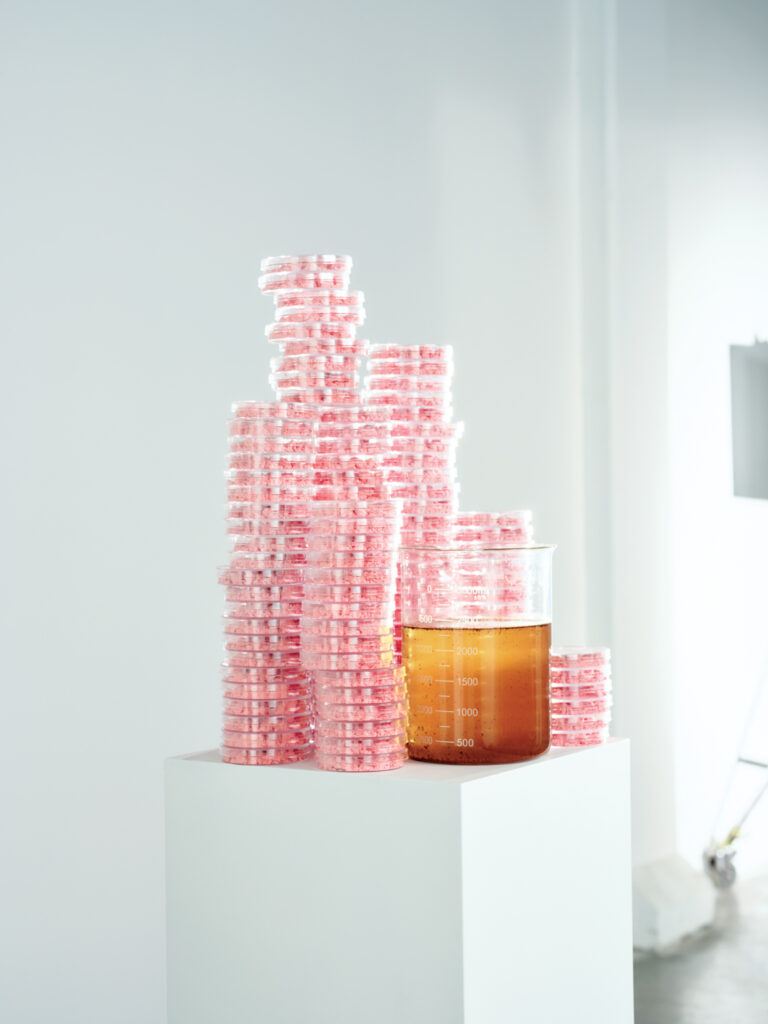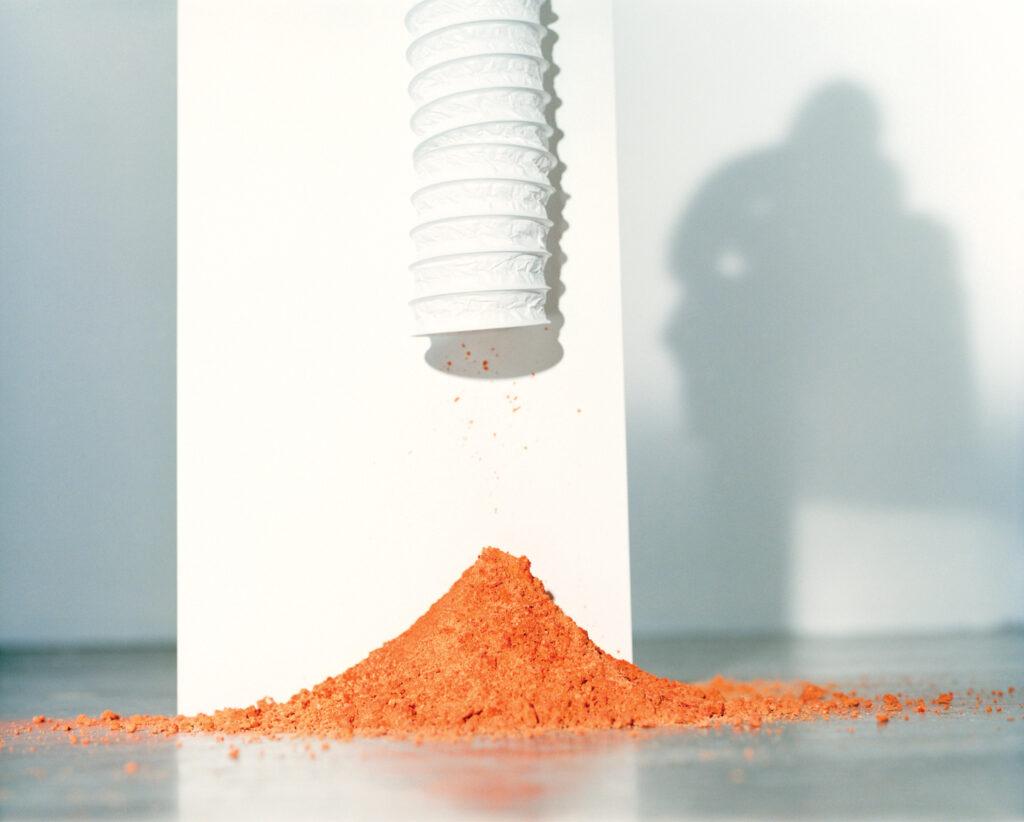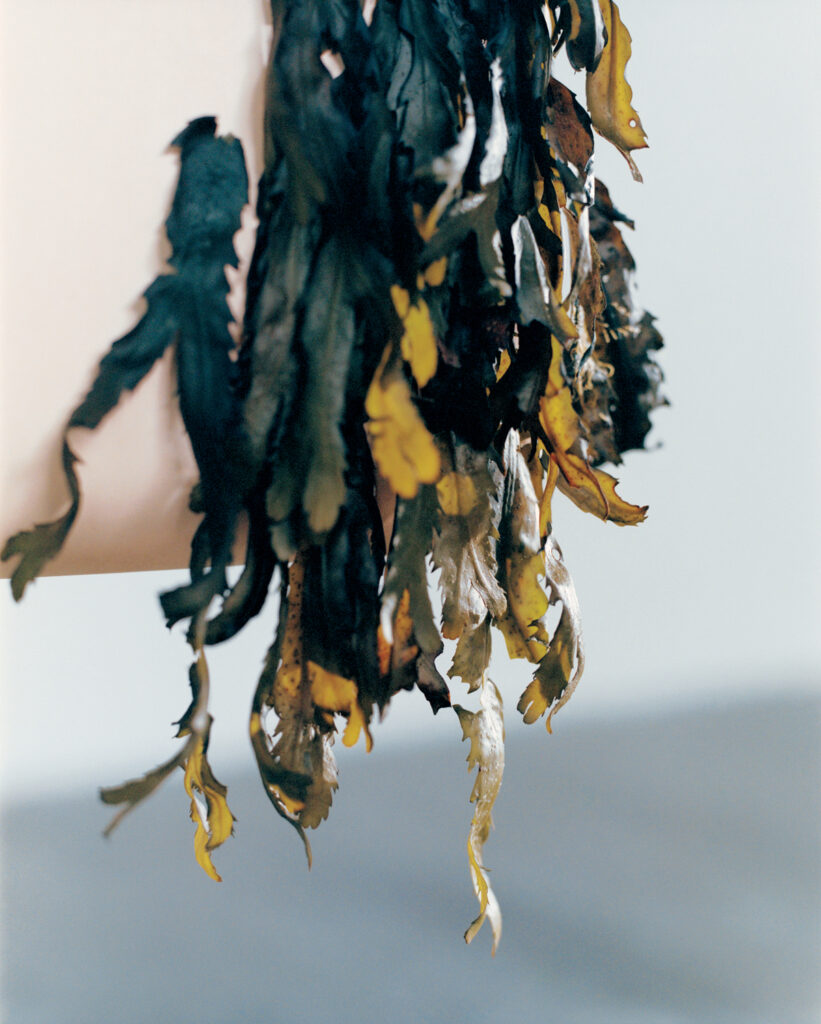
The 2023 winners of the H&M Foundation’s annual Global Change Award (GCA) offer a glimpse into the near future of textiles, from the creation of bio-based polyester alternatives to the utilization of artificial intelligence (AI) to reduce fabric waste.
Created by the H&M Foundation in 2015, the competition aims to highlight the most impactful industry innovations and fund the start of their business ventures.
The competition typically selects five winners, but this year, 10 winners were chosen and the grant money was increased from 1 million to 2 million euros (roughly $2.2 million), for a total of 200,000 euros for each winner.

The winners were announced in June and submissions were based on applicants’ experience and capacity, the innovation’s potential positive impact on the environment, ability to scale and level of novelty.
There were three categories of submissions: material, recycling and design.
Innovations in the material category ranged from biodegradable dyes to a polyester alternative made from waste created by sugar and corn production.
Winners of the material category were Algreen and Nanoloom, both from the U.K., ALT TEX from Canada, KBCols Sciences from India, PhycoLabs from Brazil and Rethread Africa from Kenya.

The recycling category showcased a variety of recycling practices for different uses, including a process of deconstructing and reconstructing polyester-based textiles for reuse using oxidation and an AI-powered recycling sorting machine.
Winners of the recycling category were DyeRecycle from the U.K. and Refiberd and Tereform, both from the United States.
There was only one winner in the design category. SXD (Shelly Xu Design) from the United States, a company that offers an AI-powered platform that generates zero-waste patterns based on design concepts, using every inch of fabric to reduce waste.
 TEXTILES.ORG
TEXTILES.ORG


